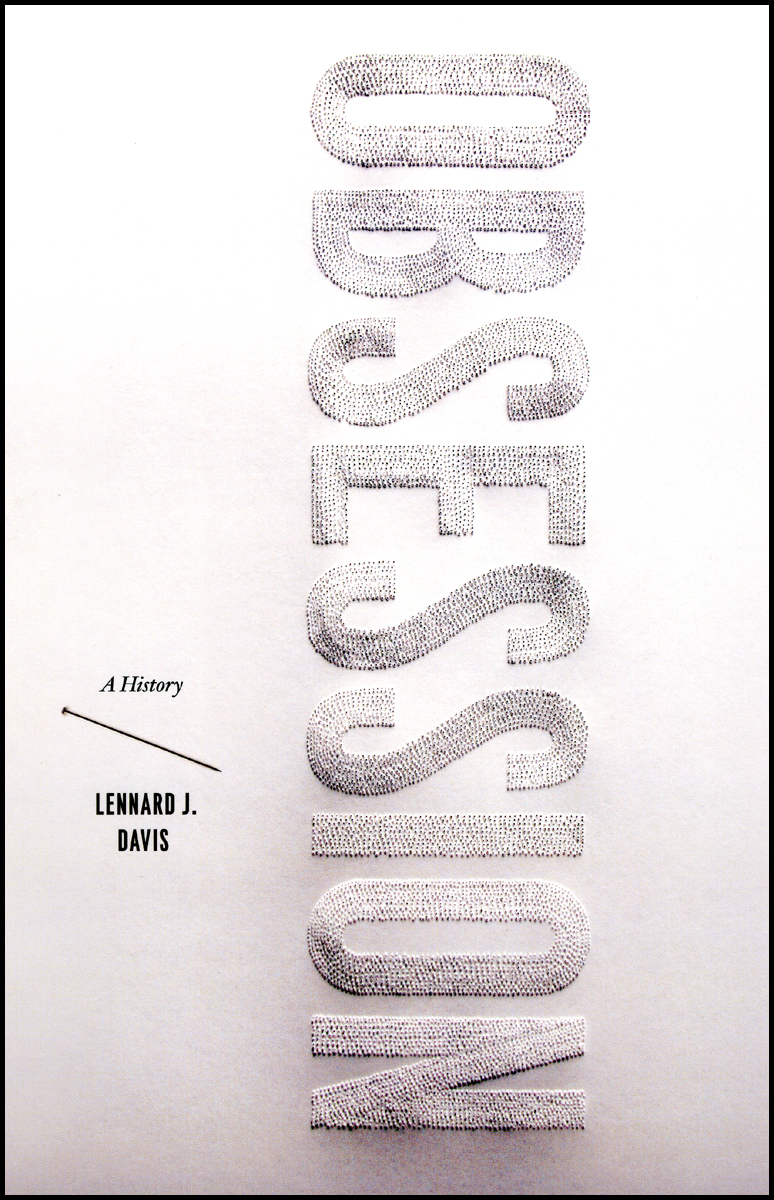The OCD world of politics
 There are two important events you undoubtedly have marked on your calendars next month: November 3, the publication date of Obsession: A History by Lennard J. Davis, and November 4, Election Day. Though at first these two events may seem unrelated, they in fact have much in common. Davis explains:
There are two important events you undoubtedly have marked on your calendars next month: November 3, the publication date of Obsession: A History by Lennard J. Davis, and November 4, Election Day. Though at first these two events may seem unrelated, they in fact have much in common. Davis explains:
In the vice-presidential debate, Sarah Palin called for an end to “obsessive politics.”
I don’t know about you, but obsessive politics is just about the only thing I’ve been engaging in this election season. I check blogs, online news sources, cable TV, radio, daily tracking polls, Facebook, and anything else that can provide me up-to-the minute information and commentary. I’ve entered the OCD world of politics, and believe me life in the fast click-lane is invigorating.
I never did this before. In the past I was content to let the front page of the morning newspaper tell me the latest. But now the paper is so yesterday, and the latest news is so “an hour ago.”
It turns out I’m not alone in my obsessiveness.
The Los Angeles Times website had an all-time-high 137 million page views last month. Meanwhile the Washington Post website set a record at 320 million. The Huffington Post has more than doubled the number of viewers, while the Daily Kos tripled in the past year. Politico has doubled its views in the past three months alone., and Slate set its own record. MSNBC’s website had 29 million video streams in the week of the convention, of which 16 million were exclusively for their politics pages. Something’s happening here.
Instead of seeing obsessive politics as a destructive aspect of the election year, as Palin indicated, being obsessive might even be downright patriotic. It might even be more patriotic than loving your country or believing God is blessing its purple mountains and red or blue leaders. This increased on-and-offline frenzy goes along with a tidal surge in voter registration, particularly among young people, African-Americans, and women. According to the Associate Press, new registrations are 64 percent higher now compared to 2004. And it’s not just registration that is up. The increased debate and fact checking have made it harder this election cycle for unsubstantiated claims to carry too much weight. Obsessive observation results in a kind of scrupulous care that facts should check out and be, I dare say, true.
It may turn out that democracy needs an obsessed citizenry. We can trace the development of modern democracy to the rise of what has been called “the public sphere.” Intricately involved in the public sphere is the rise of newspapers, coffee shops, and pamphlet publication to encourage the spread of information throughout the national consciousness. It seems logical that the new, faster flow of information provided by the Internet and other information modalities have shaped the nature of citizenship and the voting public. You can be sure that the founders of this country would have been checking their iPhones and surfing the 18th century philosoph-net while they were debating the details of the Constitution.
Obsessing about the claims and counter-claims of the presidential candidates, evaluating their positions on health care by checking their websites, checking on the rise and fall of daily polls, all of which is part of what used to be called “civics.” To rephrase Barry Goldwater’s cri de coeur: Could it be that compulsivity in the defense of liberty is no vice?
Don’t forget to pick up Obsession on November 3 and vote on November 4.